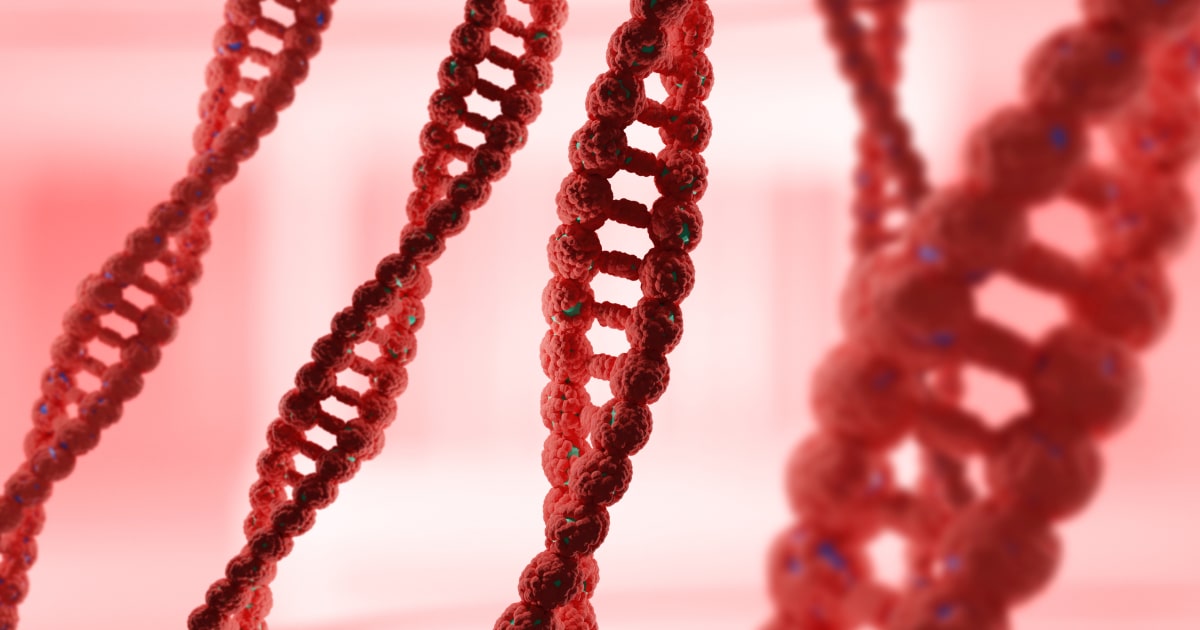
Expert Reviewed By: Dr. Brandon Colby MD
Introduction
Cardiomyopathy, dilated, with woolly hair, keratoderma, and tooth agenesis is a rare genetic disorder that presents a unique constellation of symptoms. This condition affects multiple systems in the body, including the heart, skin, and teeth, making it a challenging condition to diagnose and manage. In recent years, genetic testing has emerged as a powerful tool in understanding and diagnosing this complex disorder.
What is Cardiomyopathy, Dilated, with Woolly Hair, Keratoderma, and Tooth Agenesis?
This rare genetic disorder is characterized by a combination of symptoms that impact various bodily functions. The primary feature is dilated cardiomyopathy, a condition where the heart becomes enlarged and weakened, impacting its ability to pump blood effectively. Additionally, individuals with this disorder often exhibit woolly hair, thickened skin on the palms and soles (keratoderma), and missing teeth (tooth agenesis). These symptoms can vary in severity and may present differently in each individual.
The Role of Genetic Testing
Genetic testing plays a crucial role in diagnosing and managing cardiomyopathy, dilated, with woolly hair, keratoderma, and tooth agenesis. By analyzing a person's DNA, healthcare providers can gain valuable insights into the genetic mutations that cause this disorder. This information is essential for confirming a diagnosis, understanding the condition's progression, and informing treatment decisions.
Identifying Genetic Mutations
Genetic testing helps identify specific mutations in genes associated with this disorder. Mutations in genes such as DSP (desmoplakin) and JUP (junction plakoglobin) have been linked to the condition. By pinpointing these mutations, genetic testing can confirm a diagnosis, especially in cases where clinical symptoms alone may not provide a clear picture.
Predicting Disease Progression
Understanding the specific genetic mutations involved can help predict how the disease might progress in an individual. Some mutations may be associated with a more severe form of the disorder, while others might result in milder symptoms. This information is invaluable for healthcare providers in creating personalized management plans and advising patients on what to expect.
Informing Family Planning Decisions
Genetic testing also plays a critical role in family planning. Since this condition is inherited in an autosomal recessive pattern, both parents must carry a copy of the mutated gene for their child to be affected. Genetic testing can identify carriers of the mutation, allowing families to make informed decisions about having children. Genetic counseling can provide guidance and support in understanding the risks and options available.
Facilitating Early Intervention and Treatment
Early diagnosis through genetic testing allows for timely intervention and management. While there is no cure for the disorder, treatments can help manage symptoms and improve quality of life. For example, medications and lifestyle changes can help manage heart-related symptoms, while dermatological treatments may address skin issues. Dental care can also be tailored to address tooth agenesis.
Challenges and Considerations
While genetic testing offers significant benefits, it is not without challenges. The rarity of the disorder means that not all genetic mutations may be well understood, and testing may not always provide definitive answers. Additionally, the emotional and psychological impact of genetic testing should not be underestimated. Individuals and families may experience anxiety and stress related to the testing process and results.
Conclusion
Genetic testing is a valuable tool in the diagnosis and management of cardiomyopathy, dilated, with woolly hair, keratoderma, and tooth agenesis. By identifying genetic mutations, predicting disease progression, informing family planning decisions, and facilitating early intervention, genetic testing provides hope and guidance for individuals and families affected by this rare disorder. As research advances, the potential for genetic testing to improve outcomes and quality of life continues to grow.
About The Expert Reviewer
Dr. Brandon Colby MD is a US physician specializing in the personalized prevention of disease through the use of genomic technologies. He’s an expert in genetic testing, genetic analysis, and precision medicine. Dr. Colby is also the Founder of and the author of Outsmart Your Genes.
Dr. Colby holds an MD from the Mount Sinai School of Medicine, an MBA from Stanford University’s Graduate School of Business, and a degree in Genetics with Honors from the University of Michigan. He is an Affiliate Specialist of the American College of Medical Genetics and Genomics (ACMG), an Associate of the American College of Preventive Medicine (ACPM), and a member of the National Society of Genetic Counselors (NSGC)